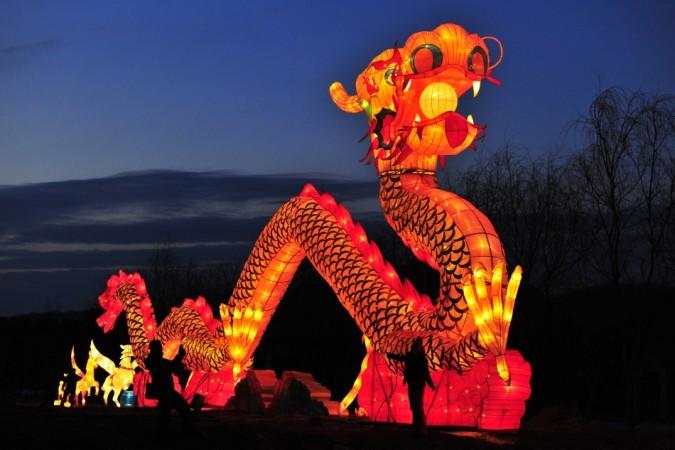
Chinese New Year is a special time for the Chinese community to bond with family and friends. The Year of the Pig begins on 5 February, and celebrations are expected to last until 19 February.
Chinese culture is rich with myths, legends and folk stories about its festivals, all of which have special significance in its culture.
Scroll down to take a look at the top Chinese superstitions associated with the Chinese New Year.
- Cleaning home before the start of the New Year: Ahead of the festive time, families clean their houses to get rid of any misfortune associated with the past year and make room for welcoming good luck.
- Mandarin oranges: The practice of giving Mandarin oranges is also a symbol of good luck. They are exchanged in two's among friends and family, relating to the Chinese saying that "good things come in pairs".
- No gifting clocks: Watches or timepieces are avoided because they symbolize time is running out or end of relationships.
- Avoid using sharp objects: Using knives or scissors are avoided as they may cut off fortune.
- No ghost stories: Children and adults are not allowed to tell ghost stories, as they relate to death and negative energy.
- Don't wear black: Black clothing is avoided as it relates to death and mourning.
- No washing hair: Chinese people believe that it is important not to wash their hair on the first day of the New Year as it may wash away one's luck.
- Using fireworks: Lighting firecrackers is a major custom performed to scare off evil spirits and celebrate the coming of the New Year.
- Wear something red: The color red is considered to be the ultimate luck bringer at this time of year. Red envelopes with money are given to children and unmarried people.
- Pay all your debts: Some believe that not paying off debts ahead of the New Year may result in ending the year the same way. Lending money is also discouraged as it may mean that the person will be lending money throughout the year.

















